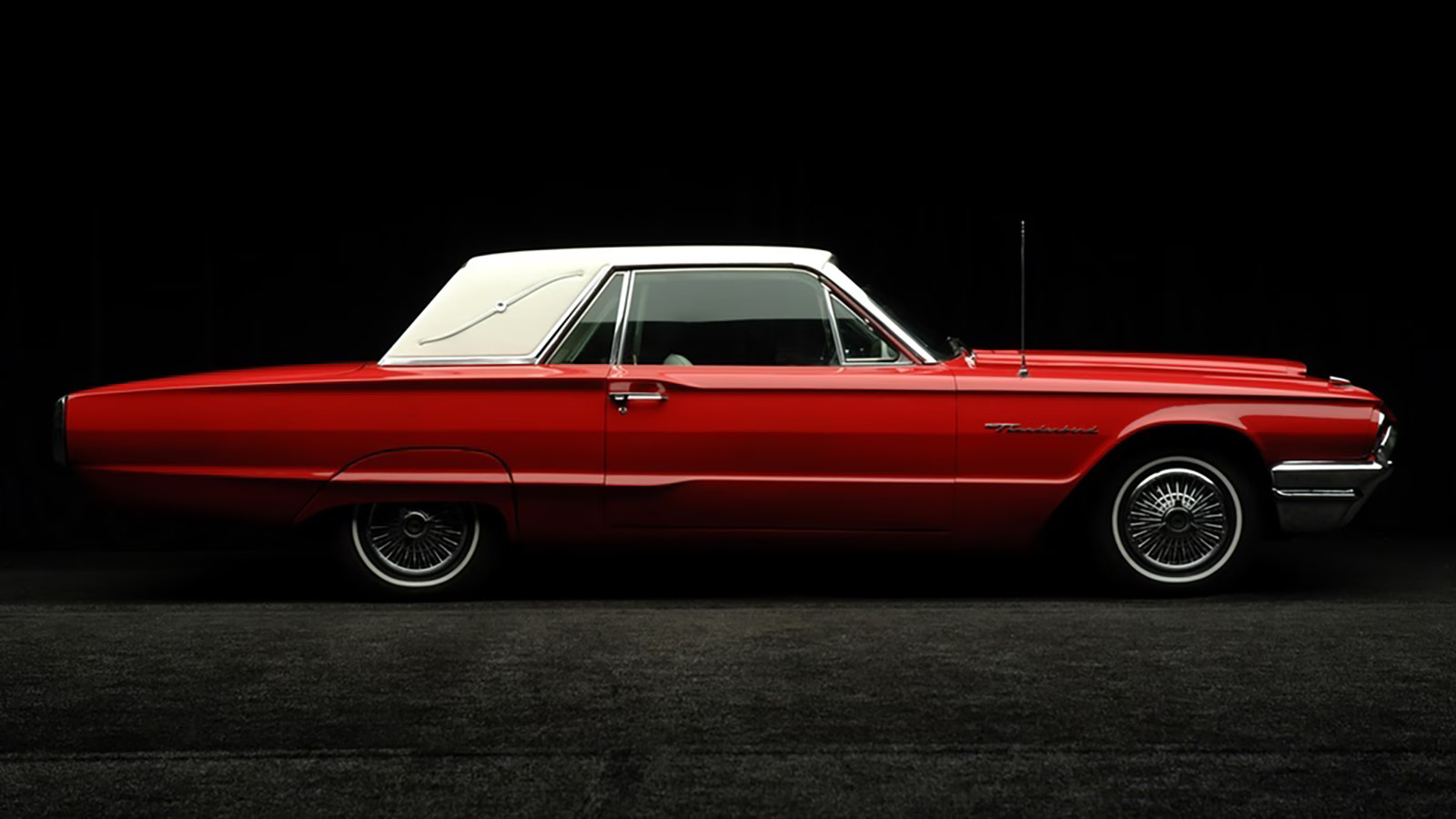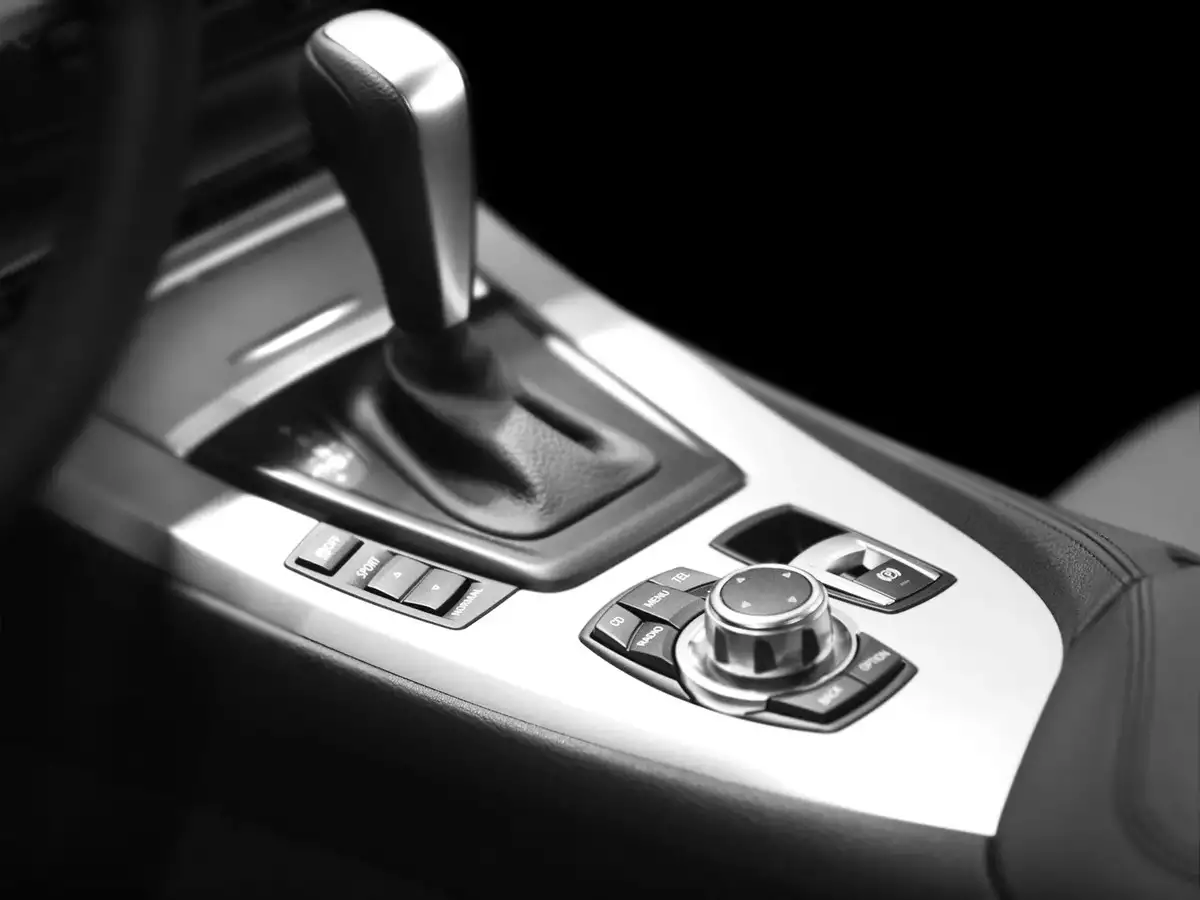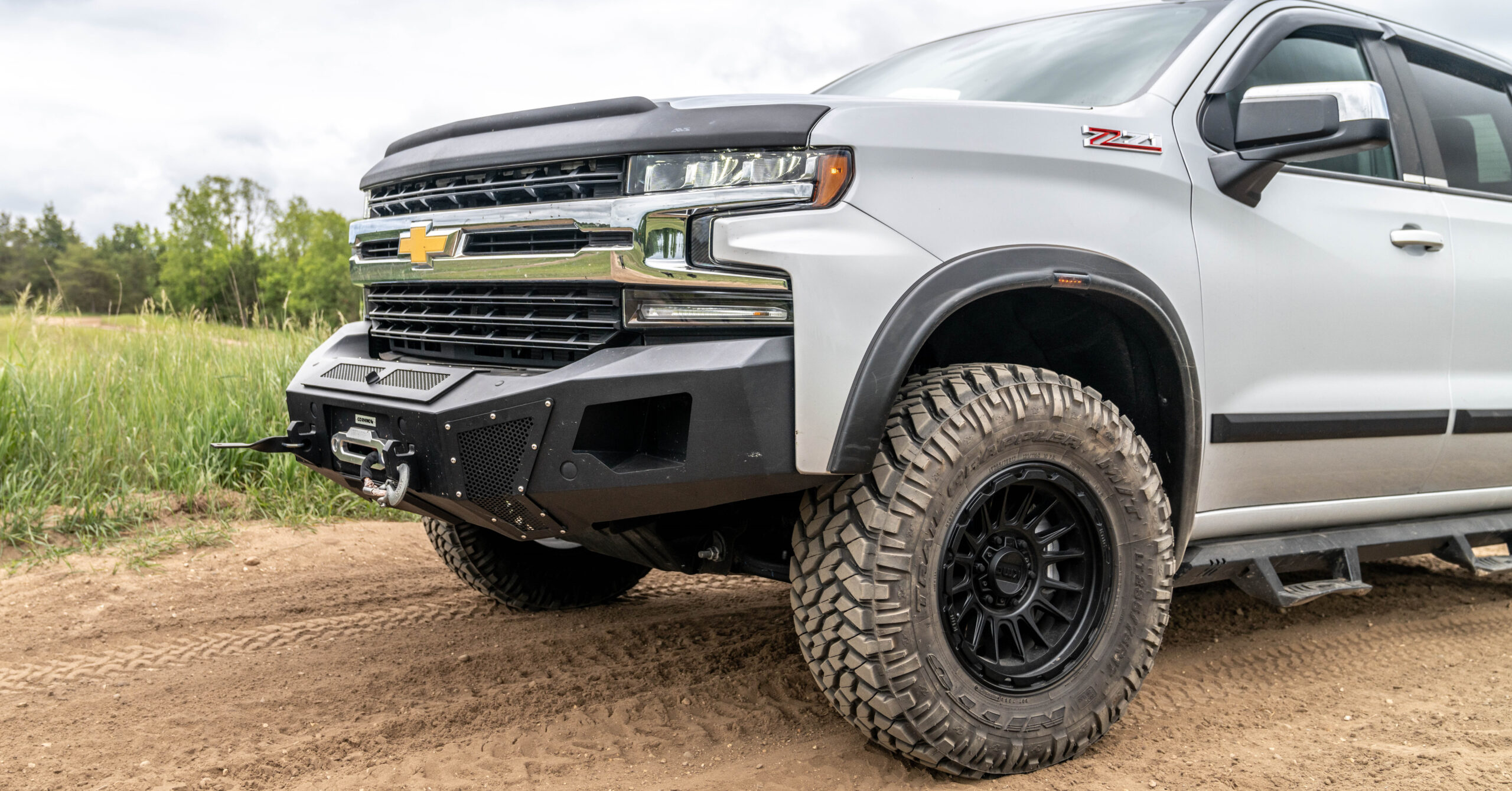Fuel efficiency is a major concern for drivers today, with rising prices and growing environmental awareness making it more important than ever to get the most out of every gallon. While car manufacturers continue to develop lower-consumption vehicles, there are plenty of ways you can switch to more economical driving through everyday habits and minor adjustments. In this article, we’ll explore practical tips and tricks that can help you maximize your car’s fuel efficiency, saving you money and reducing your carbon footprint.
Why Fuel Efficiency Matters
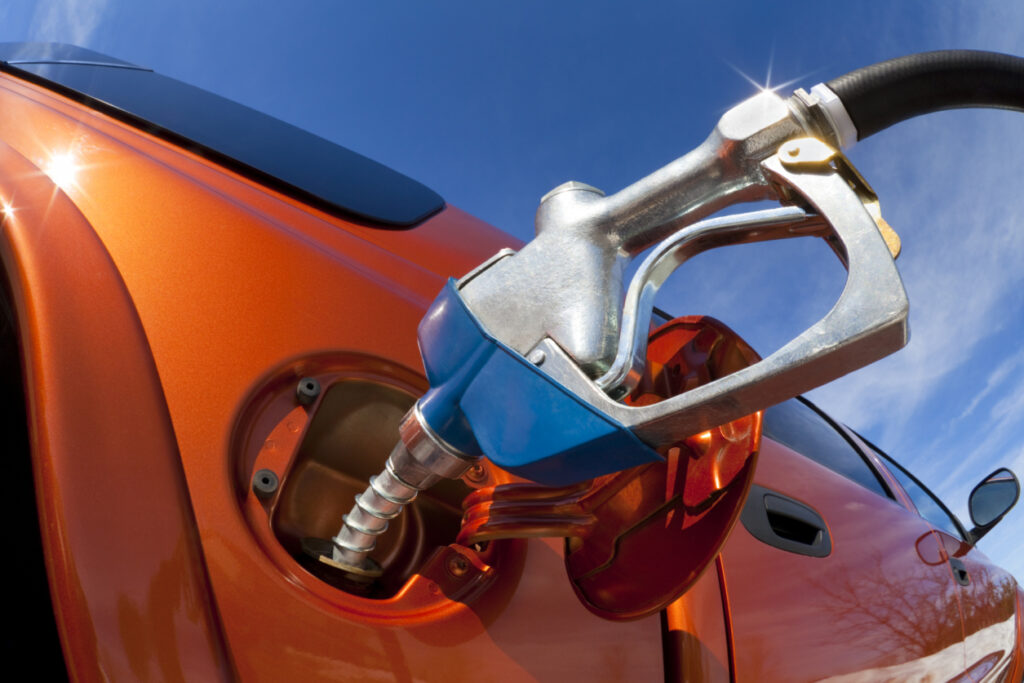
- Increased Engine Longevity: A more fuel-efficient vehicle often has a longer lifespan, as it experiences less strain on its engine and other components over time.
- Enhanced Engine Performance: Low-consumption cars typically run more smoothly, maintaining optimal performance levels and reducing the likelihood of engine issues.
- Lower Maintenance Costs: Optimized fuel usage results in less wear and tear on the engine, leading to fewer repairs and lower maintenance costs over the life of the vehicle.
- Reduced Carbon Emissions: Economical driving directly reduces your vehicle’s carbon emissions, contributing to a cleaner environment and a healthier planet.
- Higher Resale Value: Vehicles known for their performance economy tend to hold their value better, making them more attractive to buyers when it’s time to sell.
Pre-Drive Preparations for Fuel Efficiency
Taking a few extra moments to prepare before you hit the road can have a significant impact on your fuel consumption. Before setting out, ensure your vehicle is in optimal condition. Properly inflated tires, a well-maintained engine, and an uncluttered interior all contribute to better driving economy. Additionally, planning your routes in advance can help you avoid fuel-wasting scenarios like stop-and-go traffic and hilly terrain. These simple preparations may seem small, but they set the stage for a more efficient and cost-effective journey.
Lighten the Load
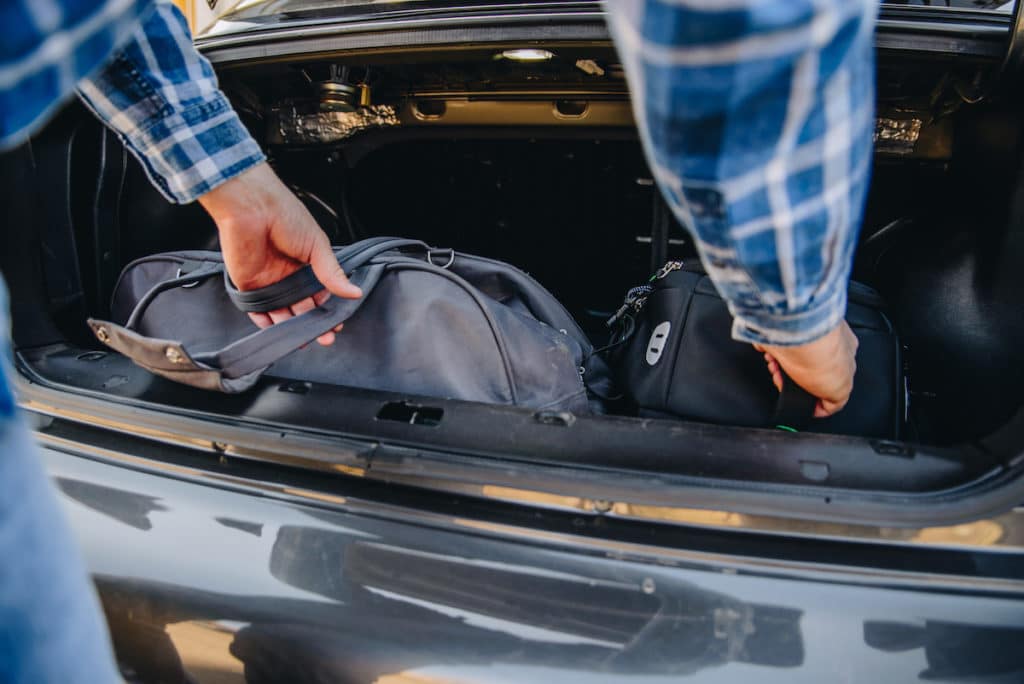
Excess weight in your car can significantly reduce fuel efficiency. Remove unnecessary items from your trunk and interior, especially heavy ones. Even small reductions in weight can make a noticeable difference in how much fuel your car consumes, particularly during city driving. Consider the impact of roof racks and cargo carriers, which can increase aerodynamic drag. If they’re not in use, remove them to further lighten the load and improve fuel economy.
Plan Your Route

Whenever possible, plan your trips to avoid heavy traffic, frequent stops, and hilly terrain. Combine errands into one trip rather than making multiple short ones, as cold engines are less efficient. Using GPS or a traffic app to find the quickest route can also save fuel. Choosing the right time to travel—avoiding peak traffic hours—can further reduce the time your engine idles and the amount of fuel consumed.
Fuel-Efficient Driving Techniques

Your driving style plays a crucial role in your vehicle’s fuel consumption. It’s not just about using less fuel; it also extends the life of your engine and contributes to a safer, more relaxed driving experience. By adopting a gentle touch on the gas pedal and avoiding sudden maneuvers, you can maximize your car’s performance while keeping fuel use to a minimum. Additionally, maintaining a consistent speed not only saves fuel but also reduces the overall wear and tear on your vehicle, leading to fewer repairs in the long run. Here are some tips to stick to on the road:
- Accelerate Smoothly: Gradual acceleration reduces the strain on your engine, allowing it to run more efficiently. By taking your time to build up speed, you not only conserve gas but also make your drive more comfortable and controlled. This habit leads to fewer trips to the pump and helps maintain your car’s performance.
- No Abrupt Braking: Avoid sudden stops whenever possible, as they can waste energy and cause unnecessary wear on your vehicle. Instead, anticipate traffic and slow down gradually. This not only conserves resources but also ensures a safer and more stable drive.
- Use Cruise Control: Engaging cruise control on highways helps maintain a constant speed, preventing the inefficient use of fuel due to frequent speed changes. Over long trips, this simple tool can contribute to noticeable savings and a smoother driving experience.
- Reduce Idling: Minimize engine idling by turning off your car during long stops, such as at traffic lights or in parking lots. Restarting your engine when ready to move is more resource-efficient and helps cut down on emissions, making your drive more eco-friendly. Additionally, some modern cars are equipped with automatic start-stop systems that reduce fuel usage by turning off the engine during prolonged stops and restarting it seamlessly when needed.
Fuel Efficiency And Routine Checks
Regular upkeep is essential to ensure your car runs as economically as possible. Simple tasks, when done consistently, can make a big difference in how much fuel your vehicle consumes. Paying attention to small details not only saves on fuel but also extends the life of your car, making it more reliable and less costly in the long run. By incorporating these habits into your maintenance routine, you’ll be on the road to better fuel efficiency and smoother driving.
Keep an Eye on Tire Pressure
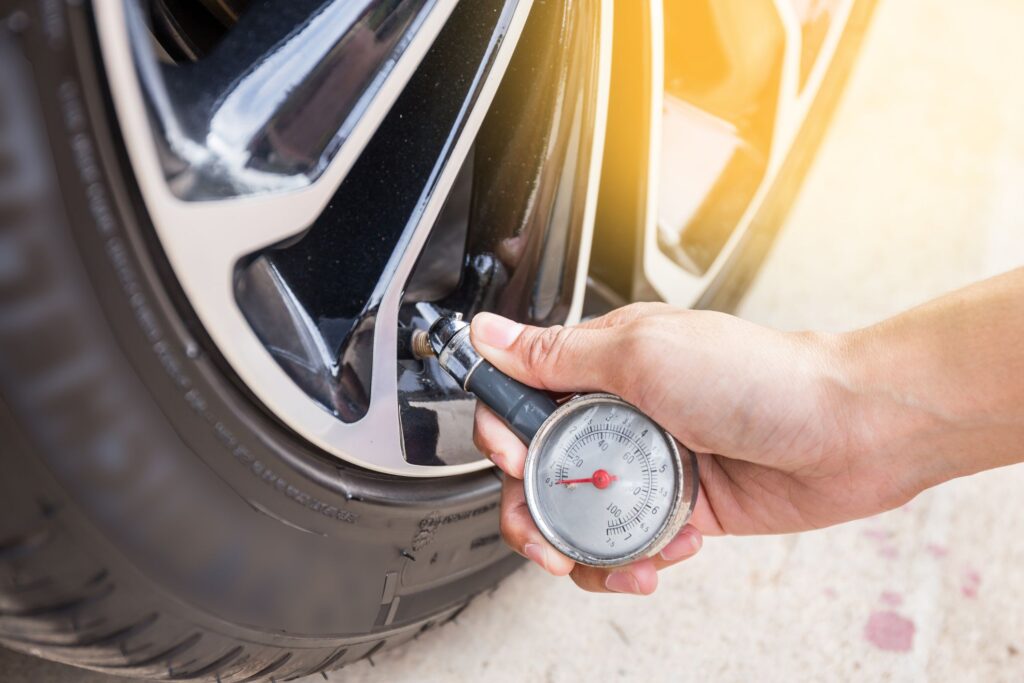
Maintaining proper tire pressure is an often-overlooked factor in fuel usage optimization. Under-inflated tires create more rolling resistance, which forces your engine to work harder and consume more fuel. Check your tire pressure regularly and keep it at the manufacturer’s recommended level. Properly inflated tires not only improve fuel efficiency but also extend tire life and enhance safety. Furthermore, ensuring your tires are properly aligned can reduce drag, leading to smoother, more economical driving.
Regular Maintenance
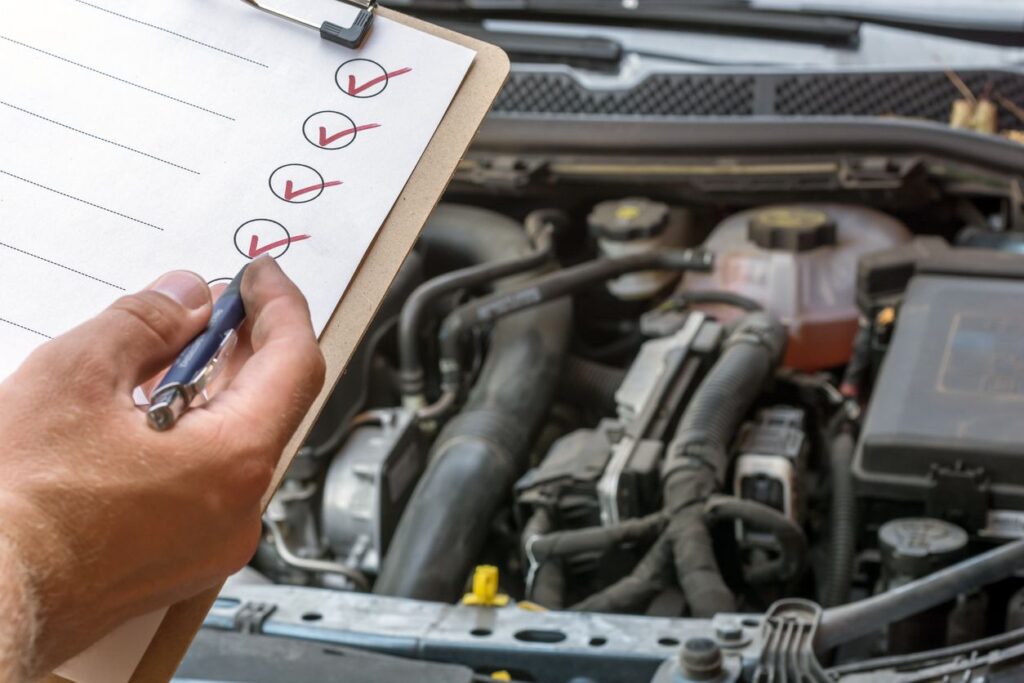
Keeping your car in good condition ensures not a single ounce of fuel goes to waste. Regular oil changes, air filter replacements, and spark plug inspections are crucial. A well-maintained engine runs better, consumes less, and lasts longer. Moreover, maintaining proper tire pressure is one of the simplest yet surest ways to improve fuel economy. Under-inflated tires create more rolling resistance, which forces your engine to work harder and consume more fuel. Check your tire pressure regularly and keep it at the manufacturer’s recommended level. Properly inflated tires not only reduce energy consumption but also extend tire life and enhance safety.
Conclusion
Improving your car’s fuel efficiency doesn’t require significant changes or costly upgrades. By adopting these practical tips and tricks, you can make your vehicle more economical to run while also contributing to environmental sustainability. Small adjustments, like using cruise control or reducing excess weight, can add up to substantial savings over time. So, whether you’re driving a compact car or a large SUV, these strategies will help you go further on every tank, keeping your fuel costs down and your driving experience smooth.

